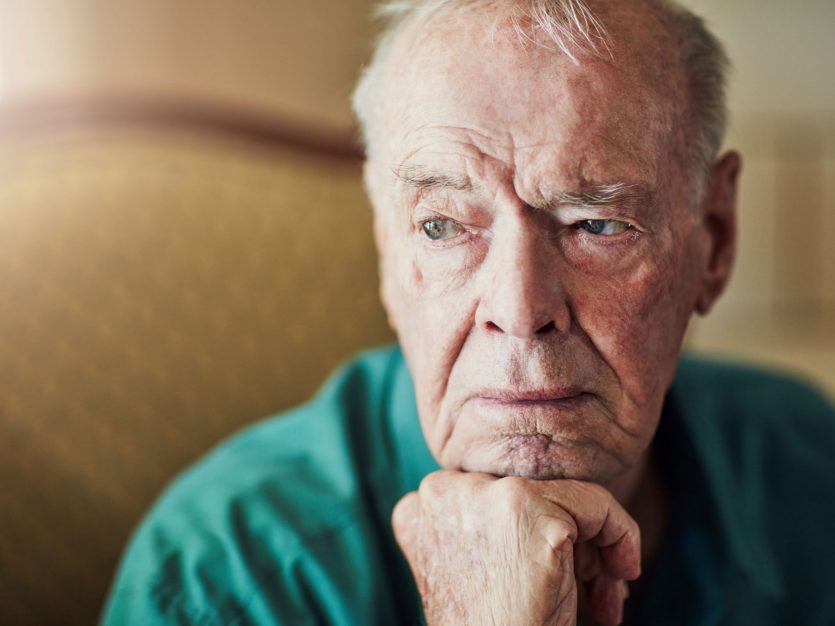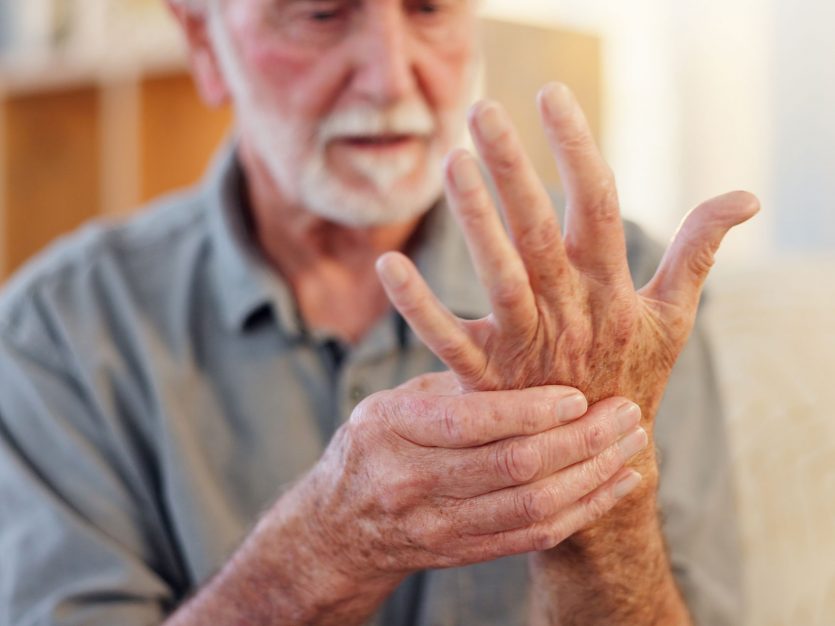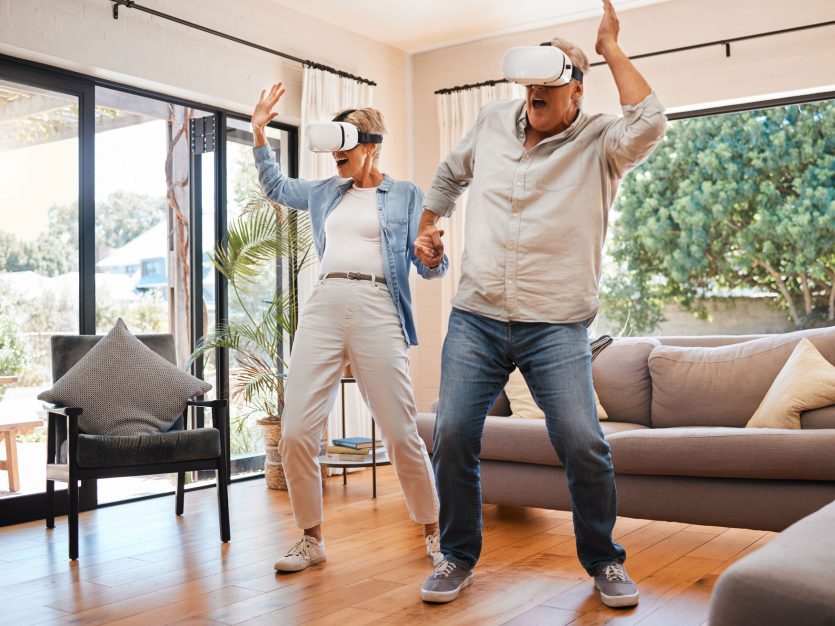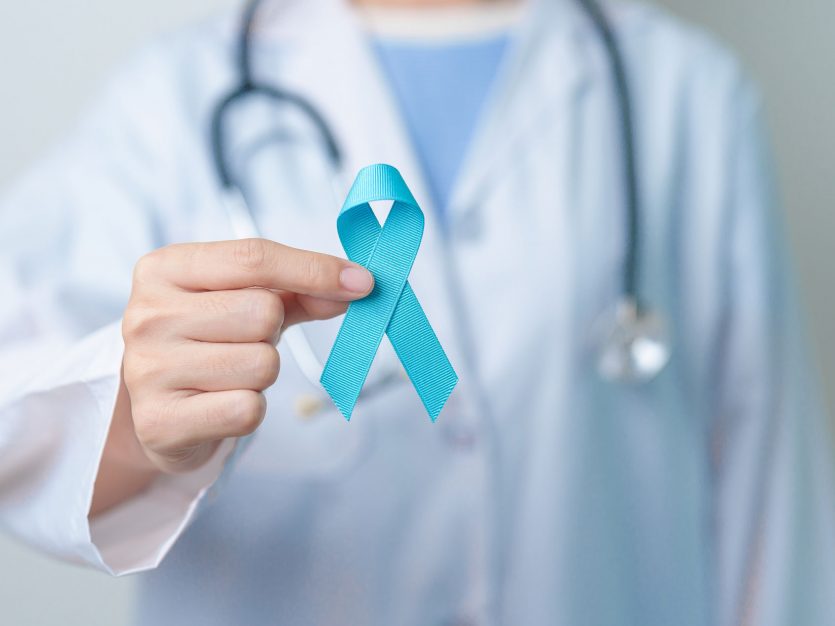McMaster Optimal Aging Portal


Technology for seniors: How older adults can benefit from digital tools
From staying in touch with loved ones to boosting brain health, accessing information, supporting wellness, and enjoying entertainment, technology offers many benefits for older adults. With a few simple tips—like starting small, asking for help, and practicing online safety—seniors can confidently embrace the digital world.


Can traditional Chinese exercises boost our mental health?
Tai Chi and Qigong! Research showcases the effect of traditional Chinese exercises on symptoms of depression and anxiety.


World Alzheimer’s Month: Raising awareness and supporting brain health
Every September, World Alzheimer’s Month brings global attention to Alzheimer’s disease and other forms of dementia. This annual campaign, led by Alzheimer’s Disease International, encourages people, communities, and organizations to come together to improve awareness, reduce stigma, and support those living with memory loss.


Arthritis Awareness Month: Understanding, managing, and supporting those affected
Arthritis Awareness Month is about education, early intervention, and community support. Whether you are living with arthritis yourself, caring for a loved one, or simply want to raise awareness, small actions can make a big difference.


Getting active with dance-based video games
Put on your dancing shoes? The combination of dancing and video games may improve some aspects of physical function.


Prostate Cancer Awareness Month: Key facts, symptoms, and prevention
September is Prostate Cancer Awareness Month. Prostate cancer is the most diagnosed cancer in Canadian men. Early detection and healthy lifestyle choices can improve outcomes. Here’s what you need to…